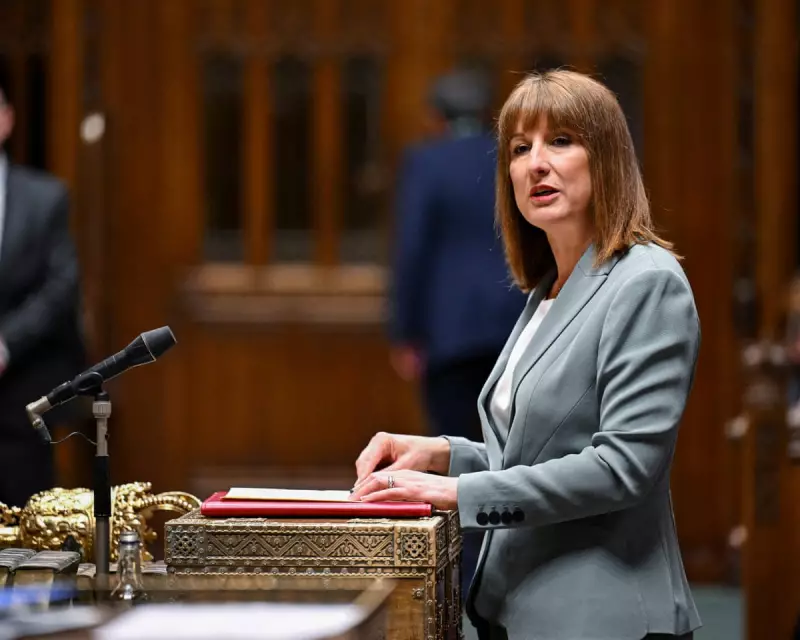
Chancellor Rachel Reeves stands at a pivotal crossroads, facing what insiders describe as immense political and economic pressure to deliver transformative change. The nation watches as she prepares what could be the most significant fiscal statement of this parliamentary term.
The Weight of Expectation
Since taking office, Reeves has operated within tight fiscal constraints inherited from the previous administration. However, economic stagnation and declining public patience have created a compelling case for more radical intervention. Treasury officials indicate that the Chancellor recognises this may be her last best chance to implement meaningful economic reform.
The Case for Bold Action
Economic indicators suggest the current cautious approach may be insufficient to address Britain's deep-seated challenges:
- Stagnant growth projections for the coming fiscal year
- Persistent underinvestment in critical infrastructure
- Growing public impatience with the pace of economic improvement
- International investors awaiting clear signals of Britain's direction
A Defining Moment
Whitehall sources suggest the upcoming fiscal event represents more than just another budget—it's a make-or-break opportunity to demonstrate this government's economic vision. The Chancellor must balance short-term political pressures against long-term economic necessities, all while maintaining fiscal credibility.
The Path Forward
Economic experts argue that Reeves must now choose between continued caution and bold intervention. The political calculus suggests that the risks of incrementalism may now outweigh the risks of ambition. With economic indicators providing limited cause for optimism, the case for significant investment in growth-generating projects becomes increasingly compelling.
The coming weeks will test whether this Chancellor can translate political rhetoric into economic reality, seizing what may be her government's best opportunity to reshape Britain's economic landscape for generations to come.





